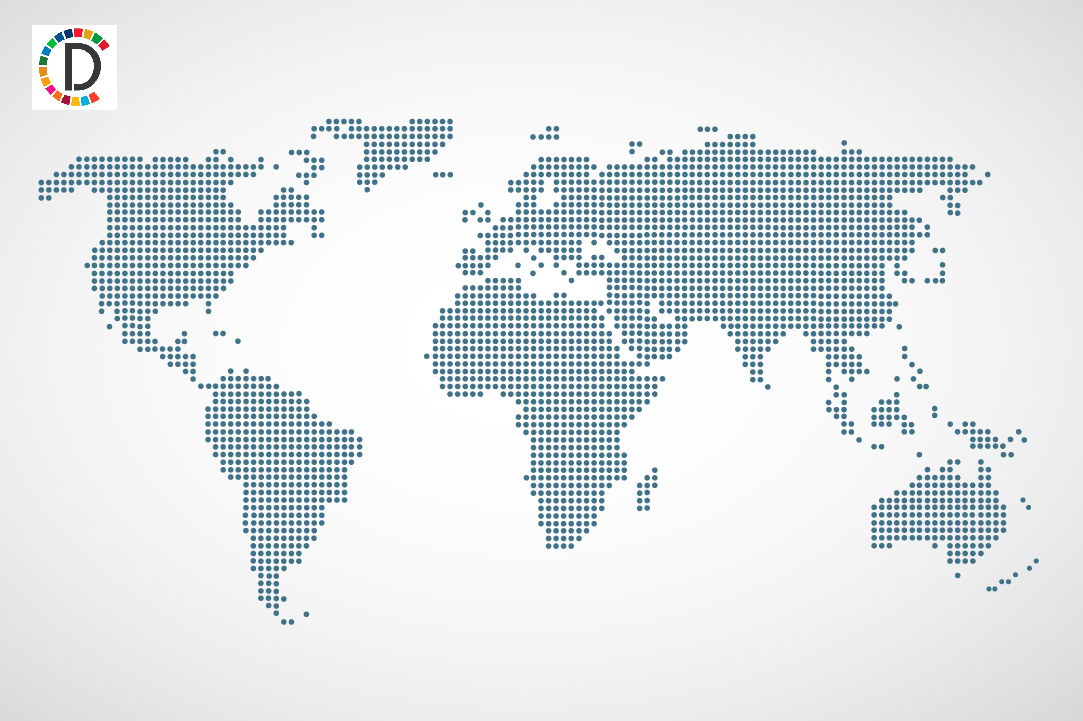Italy's right to propose names for president but stalemate persists
Although Prime Minister Mario Draghi remains the most likely contender, worries that his promotion to president might shatter his coalition government and trigger early national elections have complicated his prospects. As a result, the race for the prestigious, seven-year role is wide open, with each political group cagily promoting alternative candidates in behind-the-scenes negotiations.

Italy's lawmakers began a second round of voting on Tuesday to elect a new head of state, but it looked certain to be inconclusive as the parties made no apparent progress in finding a mutually acceptable candidate. Although Prime Minister Mario Draghi remains the most likely contender, worries that his promotion to president might shatter his coalition government and trigger early national elections have complicated his prospects.
As a result, the race for the prestigious, seven-year role is wide open, with each political group cagily promoting alternative candidates in behind-the-scenes negotiations. A second round began at 3.00 p.m. (1400 GMT), with the majority of the 1,009 lawmakers and regional delegates set to cast blank ballots as they did in Monday's first round -- a way of playing for time while their leaders decide what to do.
The president is a powerful in Italy. He has the final say in naming the prime minister and is often called on to resolve political crises in the euro zone's third largest economy, where governments survive barely a year on average. A successful candidate needs a two-thirds majority in any of the first three rounds of voting, with the threshold lowered to an absolute majority in subsequent rounds. Parliament plans to hold one ballot a day.
With neither the centre-left nor centre-right parties holding a majority, a compromise will be needed to avoid a damaging political rupture, splitting the multi-party ruling coalition and raising the risk of snap elections. The rightist alliance made up of the League, Brothers of Italy and Forza Italia, will hold a news conference at 1500 GMT to propose a slate of candidates to the other parties.
League leader Matteo Salvini, who has been at the centre of cross-party negotiations, told reporters these would be "very high profile candidates, men and women". However, it remains to be seen if any will be acceptable to the centre-left. In Italian presidential elections the candidates considered to have a realistic chance of victory are often kept under wraps until the last moment.
Should Draghi fail to land the job of head of state, some commentators are suggesting he may not want to continue as prime minister if the groups backing his government split over the presidential election. Alternative names floated in the media include Senate speaker Elisabetta Casellati, former lower house speaker Pier Ferdinando Casini and former premier Giuliano Amato.
Some politicians have said they want outgoing President Sergio Mattarella to accept a second mandate. He has so far ruled this out. (writing by Gavin Jones; Editing by Raissa Kasolowsky and Crispian Balmer)
(This story has not been edited by Devdiscourse staff and is auto-generated from a syndicated feed.)
- READ MORE ON:
- Parliament
- Mario Draghi
- Italy
- Sergio Mattarella
- Gavin
- Jones
- Italian
- Matteo Salvini
- Senate










